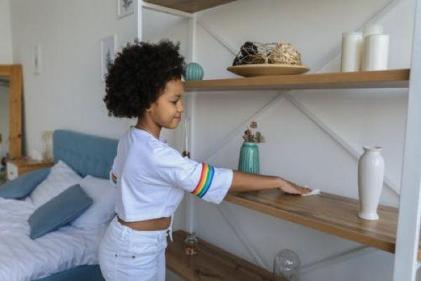Role play involving toy guns, or objects that can be used as gun props, is common amongst children, especially boys. As long as children are constantly reminded that playing and pretending are two different things when it comes to violence and death, the long-term effects of playing with toy guns is not something to be overly-worried about.
Just because a boy pretends to shoot a playmate, it does not mean that a life of crime awaits him. Very often, this is a means of self-assertion and assuming control of a situation. Studies have not provided definite links between violent-themed playing and real acts of violence. Even so, there are a few things you can do as a parent to limit the impact of toy guns on your children.
Discuss your views and opinions about toy guns and violence with your child. Allow for participation in setting up rules for play sessions. Your child must never be allowed to point a toy gun at anyone that isn't actively involved in the play session. Explain that that kind of behaviour scares people. Intervene with playing if children involved become afraid, or become too violent.
Avoid letting your child play with realistic looking guns. Use props that are generic looking and can double as another kind of toy. Brightly coloured water pistols and cannons are better than scale replicas of real handguns.
Teaching your child a good value system is far more important than worrying about the effects of toy guns. This is particularly important when dealing with boys: provide alternatives to violence when dealing with conflict. By teaching your child the importance of peaceful solutions, the role of fantasy violence has less influence on how problems are dealt with in the real world.



